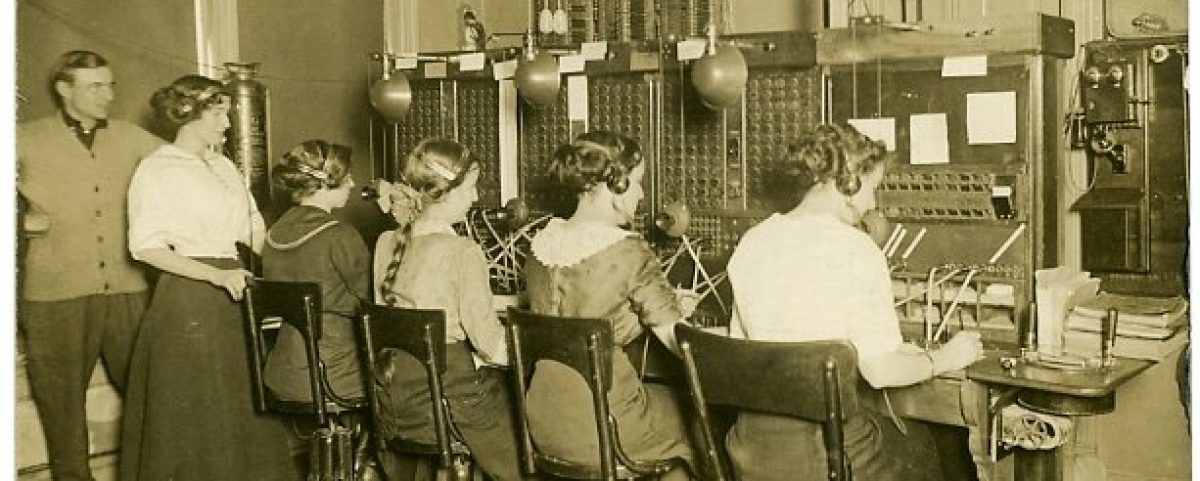ELKTON, Nov. 22, 2024 — This past Friday, I spent the day with a talented team at 1895 Films, a Los Angeles production company known for its Emmy and Peabody Award-winning video productions. They are working on a documentary about an early settler in Cecil County, MD, and I was excited to lend my expertise in social history to the project.
Our discussion examined the region’s economic, cultural, political, and family dynamics during the early decades of the 18th century. The four-person production crew was inquisitive, eager to uncover centuries-old narratives that define the social and cultural fabric of the Upper Chesapeake.
We drew on the rich collection of original records from the Historical Society of Cecil County, which document life for this pioneer settler and the pivotal era. The Society’s holdings are vast, and these records help genealogists, researchers, and curious types put together the pieces of the puzzle every week.
This collaboration not only highlights the significance of local history but also underscores the importance of preserving and sharing these stories for future generations. I look forward to seeing how 1895 Films weaves these narratives into a compelling documentary that honors the legacy of this early settler.





